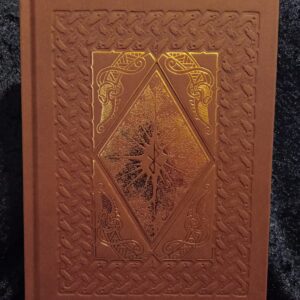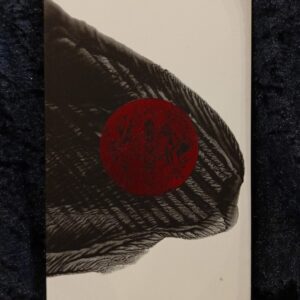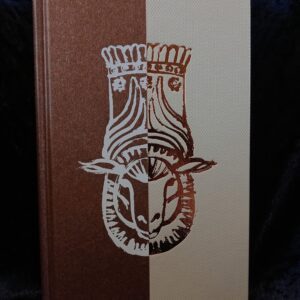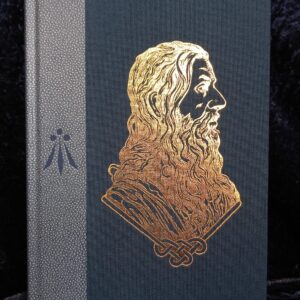£130.00
Hardcover edition. Out of print
1 in stock
Description
The work of Renaissance philosopher Giovanni Pico della Mirandola is both significant and interesting for a number of reasons. First, his writings provide both an approach to, and an understanding of, ancient wisdom traditions (philosophical and religious systems) and the way that we receive them in modern times. This is partly a discovery of how Western society and culture honors these traditions, but tends to be fundamentally disconnected from them in the course of daily life. Ultimately, this is a recognition that the esoteric traditions of the West are fragmentary at best, but also a realization that these fragments are our legacy and by working with them mindfully, we may still traverse a spiritual path that leads from delusion to wisdom. Second, studying Pico and his work reveals the manner in which a fundamentally Jewish esoteric doctrine and tradition –Kabbalah – was adapted and then adopted by Christian philosophers because it was a living, extant tradition and has a monotheistic character. Third, a close reading of Pico’s works reveals new insights into the ways that angels were thought of, and even worked with, in an esoteric and mystical manner Pico is a natural focus for all of these questions because his own work and writings places him not only at the center of these investigations, but also at the center of the rebirth of the Western esoteric tradition. Pico’s 900 Theses and subsequent Apologia (from which his Oration (on the Dignity of Man) is excerpted) contain the foundation for the rediscovery of Western esotericism from the mists of time along with the public declaration that magic and the Cabala were the keys to knowing the truth of religion, the world, and oneself. Pico’s own story of this discovery and the way in which he felt compelled to share it with the world are extraordinary and dramatic, so he is a most suitable vehicle for the expression of these ideas.





